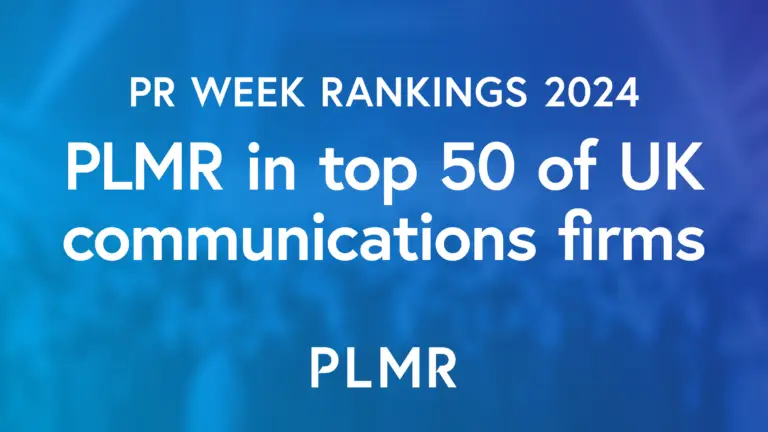Whilst there is no guarantee that 2020 will bring a resolution to the Brexit issue, it will be the year that companies will need to understand and respond to the implications of the post-Brexit world.
Every board, together with their PR and marketing teams, should ask questions about how Brexit impacts them, their customers and stakeholders – and how they will address the challenges and opportunities ahead.
Our top three tips to ensure your brand makes an impact in 2020
- The year to know what your brand stands for
What problems does your company solve? What questions are you trying to answer?
Your customers and potential customers will be looking for brands that are responding positively to the changes that are happening in the world. They are looking for an organisation that can demonstrate it really knows its purpose.
Simplify your message so customers find it relevant to them (hint: this is not as easy as it seems). Many organisations put together a purpose and positioning that is so full of gobbledegook that the end audiences don’t understand.
Opinium’s latest Everyone’s Business tracker tells us that during a chaotic and uncertain political period, the public is increasingly looking for business to provide leadership and direction. Customers think that businesses and their leaders should take a proactive stance on issues from employment rights to climate change to diversity and inclusion.
This movement towards openness and purpose will continue. Customers want to know that your company knows what it stands for and is very transparent. Reputations are built or can fail, not on what is said, but on what you do by way of actions. Live your values.
- Really know your customers/audience
Having got the first point right there is then no point ‘splatter gunning’ your message to the wrong audience.
Many companies think they know who their customers are and what they think they want – often this is incorrect. Great insight and research will lead to a better understanding of what your audience and the decision makers really think and what motivates them. Applied in the right way this will lead to better products, services and communications with your customers.
- Which media is the most relevant for your audiences?
The final piece in the puzzle is the ‘where’ you engage with your key audiences and where they go to engage with you.
It is really important to understand what media and sources of information your customers and clients turn to for information and to make decisions.
You need to know which media and marketing communications activity will best get your ‘right message to your right audience’. How you implement your plan is as important as the other elements.
It might be that changes need to be made to your website; or to how your audiences find your website. The campaigns could include media relations; in-bound marketing; SEO; great events and always great content … engaging in a way that will get cut through and knowing which tactics to use.
At Genesis PR we’d love to join you on this adventure in 2020, so do get in touch if you’d like to take your brand to the next level.



